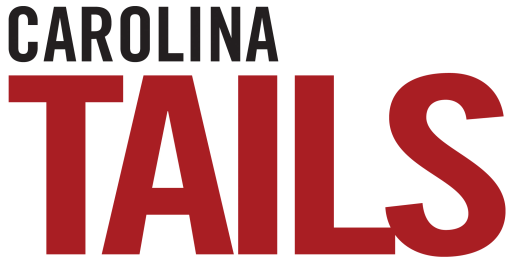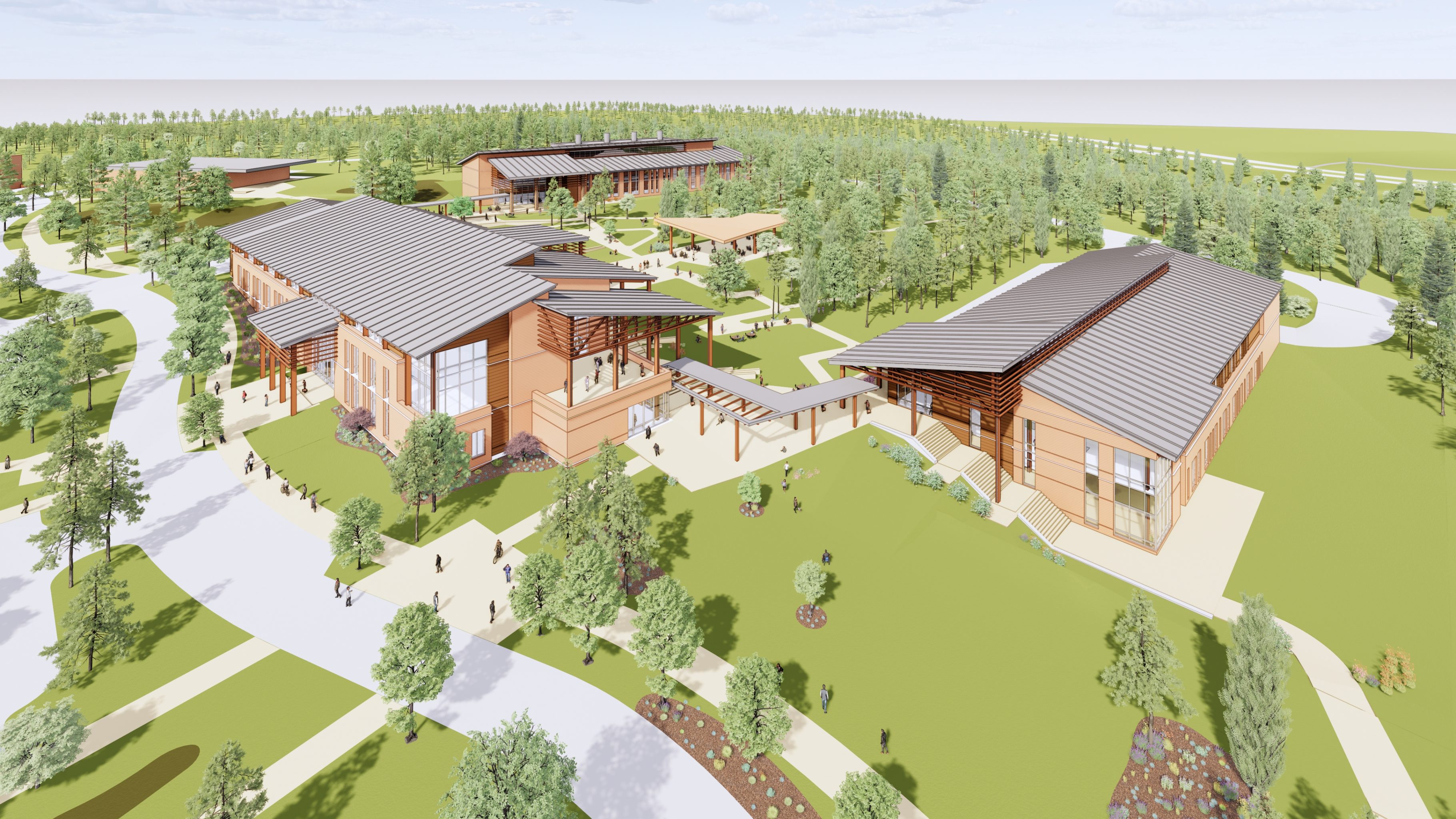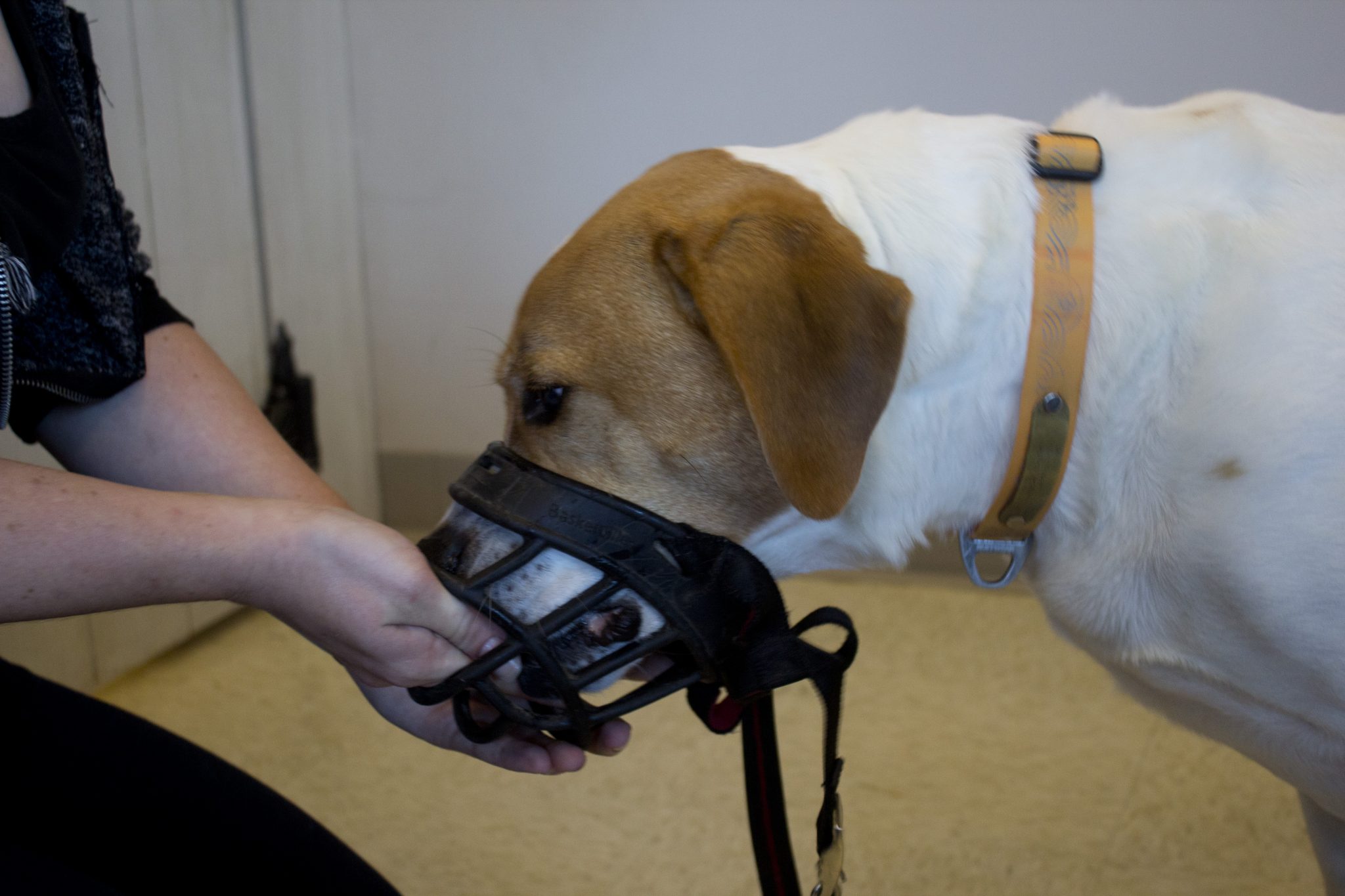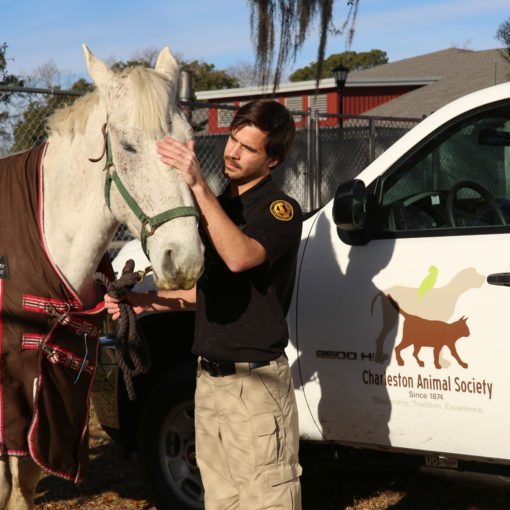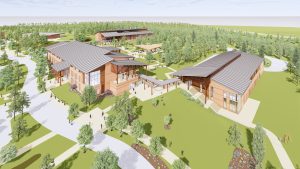 Fall 2026 is the target date for the first class at Clemson University’s College of Veterinary Medicine. A recent funding increase is keeping the project moving forward, just as South Carolina continues grappling with the effects of a statewide and national veterinarian shortage.
Fall 2026 is the target date for the first class at Clemson University’s College of Veterinary Medicine. A recent funding increase is keeping the project moving forward, just as South Carolina continues grappling with the effects of a statewide and national veterinarian shortage.
South Carolina is just one of 22 states without a veterinary college. Founding Dean, Dr. Steven Marks said Clemson has a great history of training students in the curriculum that would be pre-veterinarian. These students – approximately 200 of them in 2022 – left South Carolina to attend schools in different states.
“The veterinary profession is incredible – it’s emotionally rewarding,” said Marks. “There is something special about the human-animal bond that crosses across all parts of society. And there is something special about Clemson University that people will only experience if they come here. We are excited to share the first glimpse of Clemson’s College of Veterinary Medicine.”
FUNDING INCREASE
Clemson’s Board of Trustees approved to increase the Phase 1 budget for the construction of facilities at the College of Veterinary Medicine to $110,466,000 to reflect the total funding provided by the State of South Carolina in the FY23 and FY24 budgets.
The Board previously authorized $10M in Phase 1 funding through the FY23 appropriation. Clemson announced the establishment of the state’s first college of veterinary medicine in July.
The additional funds enable the University to continue planning and design activities, begin initial site work, and award early release packages for long lead time items such as HVAC equipment, electrical transformers and switchgear, and structural systems. Initial site work for the College is scheduled to begin in April, with a planned completion for Fall 2026 when, pending accreditation, the University expects to enroll its first class.
“This new college is a great opportunity to unify the state for animal care and the human-animal bond. We have some top priorities to ensure we’re helping our state that relies on animal agriculture,” said Marks, who added that there is a deficit of veterinarians across almost all counties in South Carolina. “We’re fortunate right now to have this opportunity.”
PLANS COMING TOGETHER
Architectural drawings show a multi-building campus with walking paths connecting the different units.
“The veterinary school will be a graduate degree,” Marks said. “They will try and attract undergraduate degree holders from degrees like animal science, pre-vet, zoology, chemistry, really any science, and then parlay that into a curriculum that provides a doctorate of veterinary medicine.”
Students in traditional veterinary schools typically undergo years of preclinical study followed by clinical years in a teaching hospital, according to Marks. At Clemson, however, students will go directly to local veterinary hospitals for training and clinical study.
Marks hopes that this method, known as a distributed model, will provide students with abundant practical experience and a unique advantage once they enter veterinary practice.
“My vision is that we will create a day one-ready veterinarian,” Marks said. “When students finish their degree of veterinary medicine, they will be prepared to go into any practice and be able to work on any species, large animal, farm animal, small animal or exotic species.”
LEARN MORE APRIL 17
You can learn more about the Clemson University’s College of Veterinary Medicine on April 17 at Charleston Animal Society’s Celebration of Lifesaving Success. Dean Marks will be the guest speaker at the event, which will be held at the Charleston Marriott Hotel from 6pm – 8pm. Seating is limited, so RSVP today at RSVP@CharlestonAnimalSociety.org.
Follow Clemson’s College of Veterinary Medicine on Facebook and Instagram-@ClemsonVetMed and visit their website for updates. Clemson. edu/veterinary-medicine.
